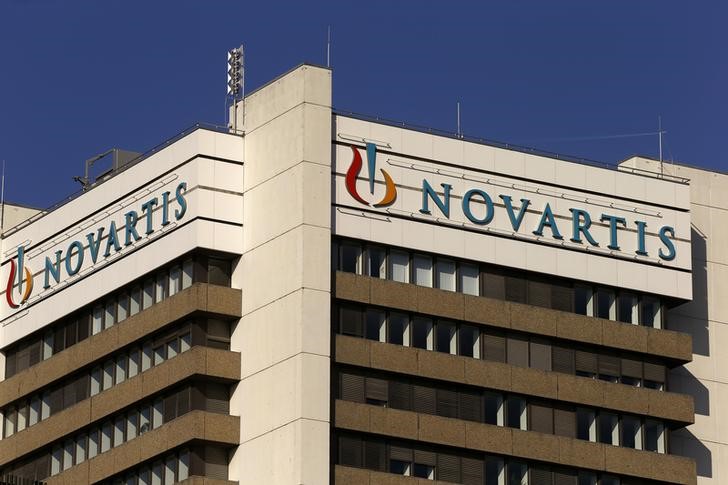By Sarah N. Lynch
(Reuters) - Drugmaker Novartis AG (S:NOVN) agreed on Wednesday to pay more than $25 million (17.7 million pounds) to the U.S. government to settle civil charges that it bribed healthcare professionals in China to boost sales there, the U.S. Securities and Exchange Commission said.
The SEC said violations occurred from 2009 to 2013.
Novartis settled the charges of a U.S. law barring bribery of foreign officials without admitting or denying them, the SEC said.
Novartis said the allegations involved in the settlement largely predate compliance measures it has since put in place.
"We believe these measures, which we review and update on an ongoing basis, address the issues raised by the SEC and reflect a broader initiative by Novartis to align and enhance our compliance standards globally," company spokesman Eric Althoff said in an emailed statement.
The SEC said that Novartis' China-based units tried to mask the bribes by recording them on the corporate books as legitimate expenses for travel and entertainment, conferences, lecture fees, marketing events, educational seminars and medical studies.
In one instance in 2011, for example, sales representatives allegedly submitted fake receipts for about $8,100 as part of their employee expense reimbursement requests.
The funds were used to entertain and provide various gifts.
Other instances cited in the SEC's case entail efforts by the company to hire Chinese travel companies to arrange trips, meals and accommodations for health care professionals in connection with educational events.
Many of these events, however, were more recreational than educational, the SEC said. One trip, for example, included an excursion to Niagara Falls.
The SEC also said that Novartis also failed to devise and maintain an effective system of internal accounting controls.
The agency added that Novartis cooperated with its investigation and conducted its own "expansive review" into the matter.

"Novartis promptly took remedial steps to improve its internal controls at Novartis China," the SEC said, adding that the company had terminated or disciplined employees, suspended vendor relationships and overhauled its anti-corruption policies.